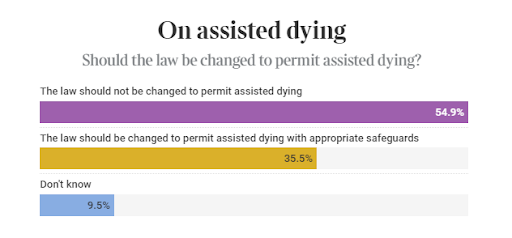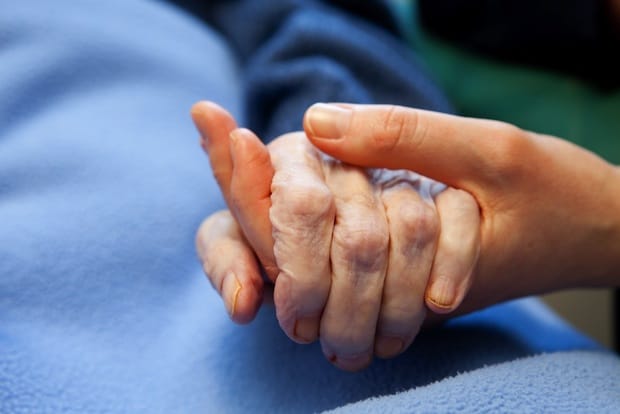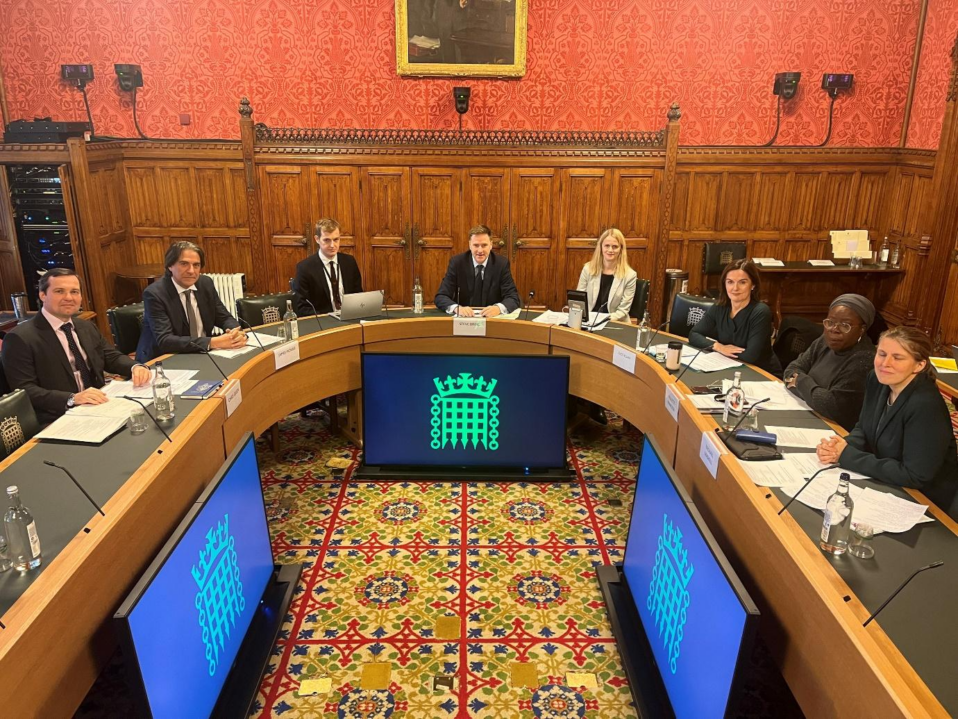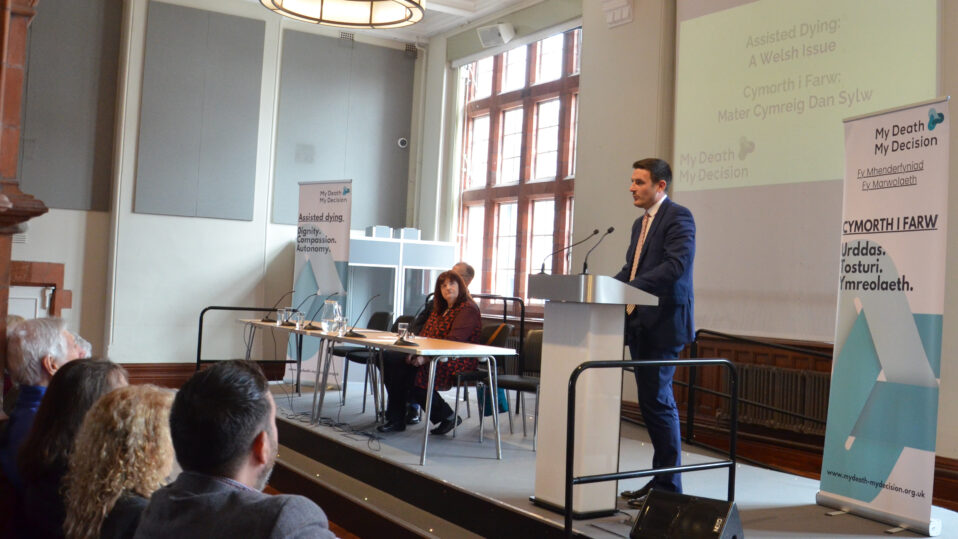
Source: https://www.thetimes.co.uk/article/church-of-england-priests-survey-gay-conversion-therapy-ban-assisted-dying-house-of-lords-net-zero-7kqg3dswr
Support for assisted dying among Church of England priests has grown significantly in the last nine years. Over a third of priests would support assisted dying for someone with an incurable disease.
My Death, My Decision hopes this revelation might help to foster a safe and open debate amongst the Church of England clergy on this vital issue, especially as Scotland, Jersey and the Isle of Man come increasingly closer to creating compassionate assisted dying legislation.
A recent survey by the Times of 1,185 Church of England priests conducted this month found that 35.5% of priests supported a compassionate assisted dying law, compared to 22% in 2014. While a majority do not want assisted dying legalised, opposition has dropped 15%, from 70% to 55%.
Former Archbishop of Canterbury Lord Carey of Clifton described assisted dying as “profoundly Christian to do all we can to ensure nobody suffers against their wishes”. He told The Times: “Opinion is beginning to change as more and more clergy encounter those increasingly difficult experiences of terminal illness where even the best medical care leaves patients living their last days and hours in unconscionable agony and indignity.”
My Death, My Decision’s patron Reverend Canon Rosie Harper says: “The dignity and the compassion that every dying person is owed is still not available to us in this country. I long for [the law] to change and I hope that My Death, My Decision will be part of a wave of people, as most of the people in this country want it to change.”
A 2019 assisted dying poll by Populus found that 86% of people deemed regular churchgoers would support assisted dying under some circumstances. 82% of people who identified as Christian would support a change in the law.
Trevor Moore, Chair of My Death, My Decision said:
“We know the majority of people in the pews support a compassionate, safe assisted dying law and it’s refreshing to see opinions at the pulpit slowly catching up. There is nothing Christian about forcing incurably sick people to have long, painful undignified deaths.
My Death, My Decision welcomes this wave of support shown by The Times survey, and we are glad to see opposition to assisted dying fall considerably too. People deserve to make decisions about their lives and ultimately their deaths. It is time Parliament legislates on this important issue.”
Notes:
Members of the MDMD team, as well as individuals affected by the current law on assisted dying, are available for interview upon request
For further comment or information, media should contact Nathan Stilwell at nathan.stilwell@mydeath-mydecision.org.uk or phone 07456200033.
My Death, My Decision is a grassroots campaign group that wants the law in England and Wales to allow those who are terminally ill or intolerably suffering the option of a legal, safe, and compassionate assisted death. With the support of over 3,000 members and supporters, we advocate for an evidence-based law that would balance individual choice alongside robust safeguards and finally give the people of England and Wales choice at the end of their lives.
Read more about our work with the Assisted Dying Inquiry: https://dev.mydeath-mydecision.org.uk/2023/07/13/our-summary-the-assisted-dying-inquiry/



 A majority of Surgeons support assisted dying, according to
A majority of Surgeons support assisted dying, according to 


 Today, the Human Rights (Joint Committee)
Today, the Human Rights (Joint Committee) 





Recent Comments